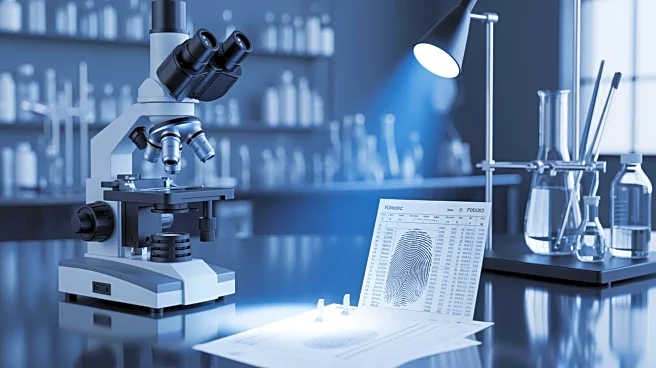What's Happening?
A study published in Nature examines the emerging roles of hydrogels, organogels, and their hybrids in soft bioelectronics and bioplatforms. These materials offer tunable mechanical properties that can
match the elasticity of biological tissues, reducing strain at the biotic-abiotic interface. The research highlights the potential of hydrogels to improve the integration and functionality of electronic devices in biological systems.
Why It's Important?
The development of hydrogels with mechanical properties similar to biological tissues is crucial for advancing bioelectronics. These materials can enhance device longevity and reduce the foreign-body response, making them ideal for medical applications. The study's findings could lead to improved designs for wearable sensors, drug delivery systems, and tissue engineering scaffolds.








